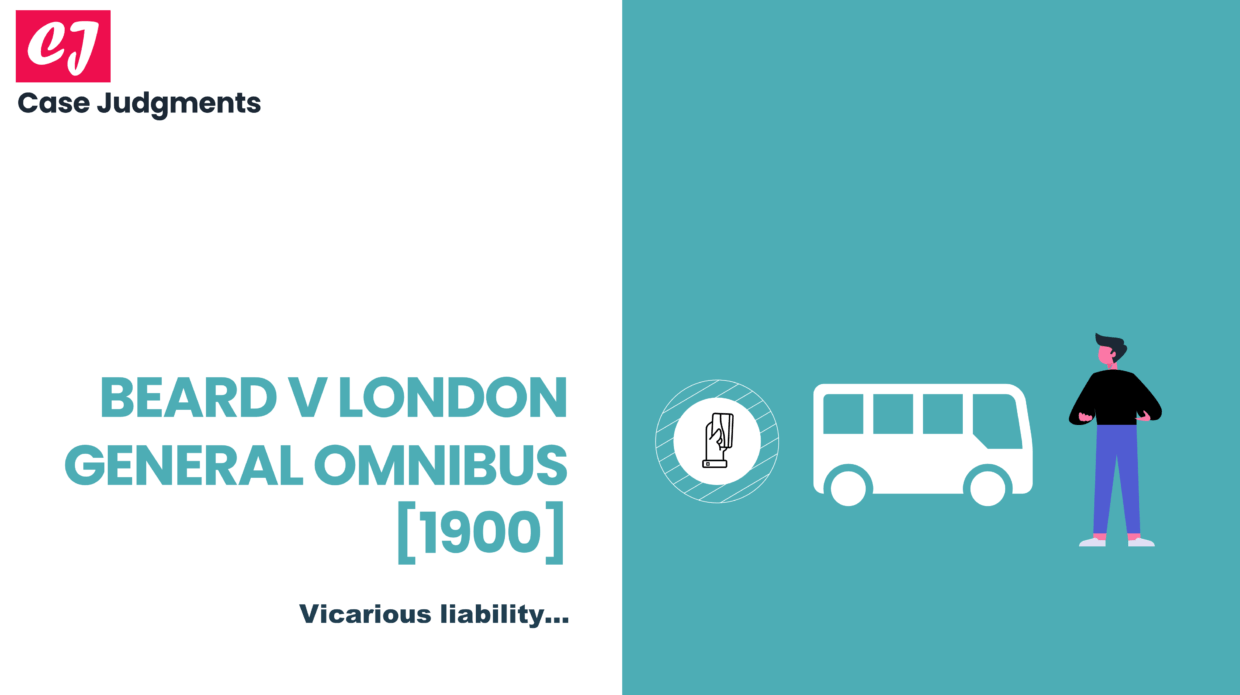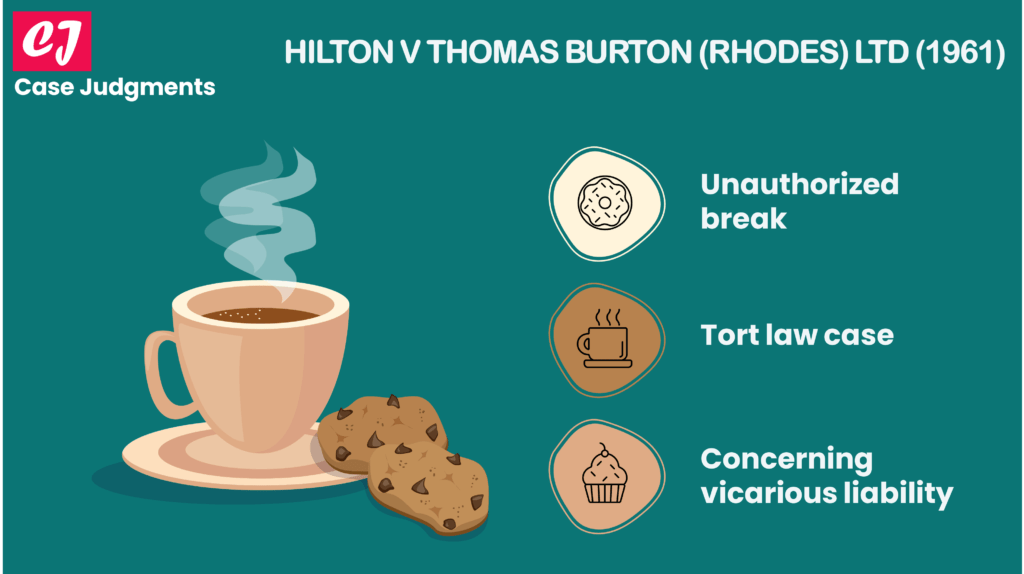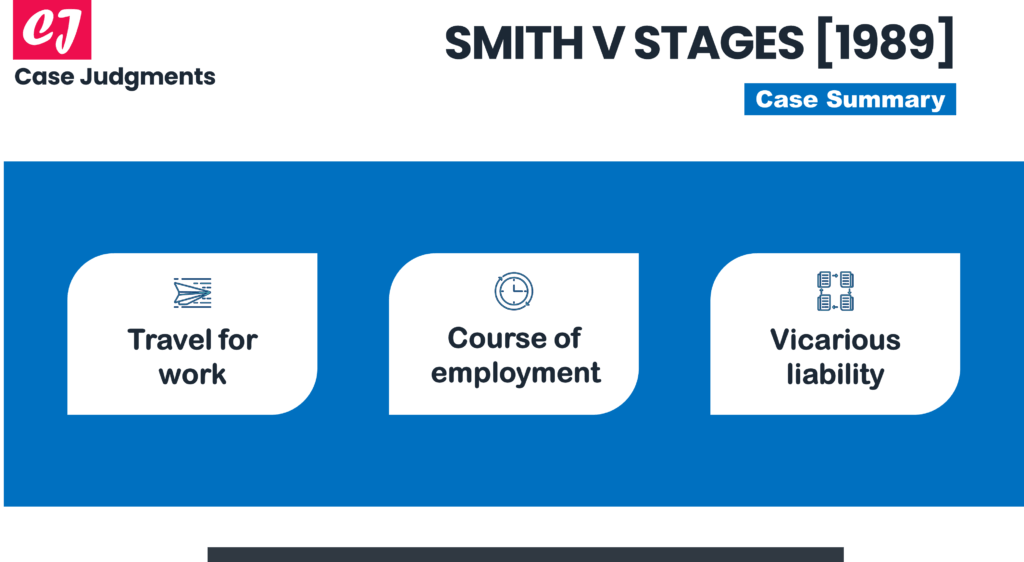
Beard v London General Omnibus [1900]: A Quick Summary
Case name & citation: Beard v London General Omnibus Co [1900] 2 QB 530
Jurisdiction: England and Wales
Year of the case: 1900
Area of law: Vicarious liability
What is the case about?
This case deals with the vicarious liability of an employer for his employee’s negligence when it is caused outside the scope of employment.
Case facts (Beard v London General Omnibus)
The conductor of a bus took it upon himself to turn the bus around at the terminus, in the absence of the driver. In doing so, he negligently injured the plaintiff.
The plaintiff sued for damages against the employers of the bus conductor.
Issue raised
Was the bus company liable for the injury sustained by the plaintiff due to the employee’s negligence?
The decision of the Court in Beard v London General Omnibus
The employers were found not to be liable for the conductor’s actions because his job was not to drive the bus but rather to collect fares, and the act in question fell completely outside the scope of his employment.
The task of driving was performed without authorization and it went beyond the ambit of the employer’s vicarious liability. Because it was not a part of the conductor’s duty to drive the omnibus. He was doing something outside the scope of what he was employed to do. And hence, it couldn’t be said negligence in the course of his employment.
Who bears the burden of proof in general?
A master will not be held vicariously liable for a tort committed by one of his servants unless the plaintiff can demonstrate that the tort was committed while the servant was performing duties related to his employment. That is, it was committed during the course of his employment.
Hence, the burden of proof is on the plaintiff.
If the given case is seen, here the plaintiff failed to show that the conductor was acting in the course of his employment. He was not authorized to drive the bus.
List of references:
- http://ndl.ethernet.edu.et/bitstream/123456789/60124/1/22.pdf
- https://shura.shu.ac.uk/21451/1/White_2017_LLB_CriticalAnalysisOf.pdf
- https://www.mcrhrdi.gov.in/splfc2021/week6/24/2021%20SFC%20Liability%20of%20Gov%20Servants%20for%20the%20wrongs%20done.pdf
- http://www.msrlawbooks.in/file/LAW_OF_TORTS%20_F.pdf
You might also like:
More from tort law:

